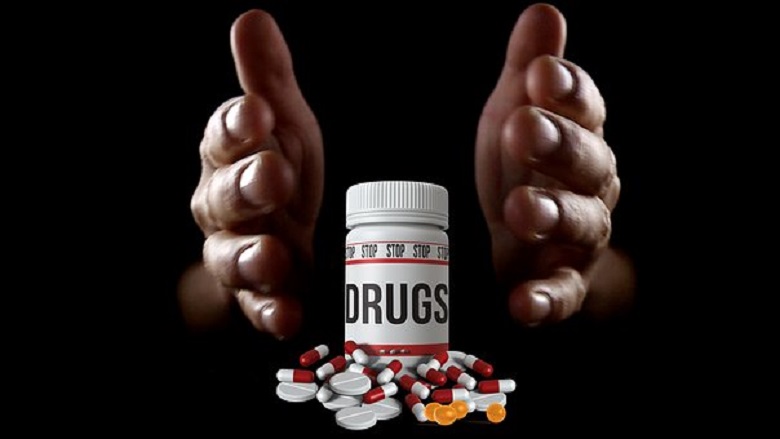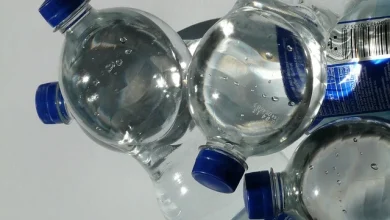What are drug abuse and its effect? How does addiction happen?

The abuse of drugs, known since ancient times, has now spread at a rate that worries the entire world community. Drug addiction has become a social disaster. Especially tragic and disastrous is the abuse of drugs among young people because both the present and the future of society are affected.
Moreover, the drug mafia invents more and more new substances and drugs that not include in the list of drugs. As a rule, they are even more malignant, leading to even more significant damage to health and society as a whole.
Drug addiction is the abuse of substances, e.g., tobacco, amphetamines, caffeine, cannabis, cocaine, ecstasy, heroin, hallucinogens, LSD, methadone, etc., or psychological dependence on these substances. Substance abuse is associated with mental health but is not considered a “mental illness.”
People use drugs for all kinds of reasons, including relaxing, decreasing inhibitions, religious practices, or integrating into a group. Often, they do not develop a drug problem. However, consumption becomes problematic when it leads to harmful consequences, and there is a loss of control. These issues need to be fixed and can address.
Drug addiction or drug abuse has negative consequences on work, school or other activities, mental or physical health, financial situation, reputation, or relationships with family or friends.
Causes of drug addiction
- living conditions;
- A biochemical imbalance in the brain;
- Socio-economic status;
- Coming from a war-torn country;
- A physical health problem;
- The fact of having left his native country and his family;
- Racism.
What are the symptoms of drug abuse or addiction?
The following are the most common behaviors that indicate that a person has a problem with drugs. However, each person may have slightly varying symptoms. Symptoms may include:
- Use in large quantities or take longer than planned.
- Constantly wanting or trying unsuccessfully to reduce or control drugs.
- Spending too much time taking, using, or recovering from drugs.
- Desire to use drugs.
- Excessive use of drugs that interferes with work, school, or homework.
- Relationship problems caused by drug abuse.
- Suspension or reduction of activities due to drug use
- Taking risks such as sexual risk or driving under the influence.
- Regularly use drugs regardless of whether they cause or add to physical or mental problems.
- Symptoms of drug or alcohol abuse may be similar to other medical problems or psychiatric conditions. Always consult your doctor for a diagnosis.
How is a drug or addiction diagnosed?
A family doctor, psychiatrist, or mental health professional is more likely to abuse drugs. Clinical findings are often related to the substance used, the frequency of use, and the time of the last service and may include:
- Lose weight
- Always tired
- Red eyes
- He doesn’t pay much attention to hygiene
- Laboratory anomalies
- Unexpected anomalies of the heartbeat or blood pressure
- Depression, anxiety, or sleep problems
How to prevent drug addiction problems
You can adopt a lifestyle and habits that will allow you to deal with many problems and prevent one from getting worse.
- Participate in community activities
- Eat a well-balanced diet
- Get enough sleep
- Do regular physical activities
- Avoiding the use of illicit drugs
- Join an interest group (such as a book club at your municipal library)
- Talking regularly about your concerns with your loved ones
- Become a volunteer
- Take an outdoor hike
No one is proof against mental problems. But newcomers are the most at risk since anxiety increases due to the many challenges that accompany integration and settlement in a foreign environment. Be sure! You are not alone. If you or your favorite person is in pain, you can access various services in complete confidentiality.
Any treatment (or rehabilitation) program for substance abuse can be on an inpatient or outpatient basis. The programs in question are usually based on the type of substance being abuse. Detoxification (based on substance abuse as needed) and long-term management or rehabilitation care systems are vital signs of successful treatment.
Subsequent long-term management typically includes formal group meetings and psychosocial support systems, and regular medical supervision. It recommends that people and family psychotherapy often address the issues that have led to and arise from substance abuse disorders.




